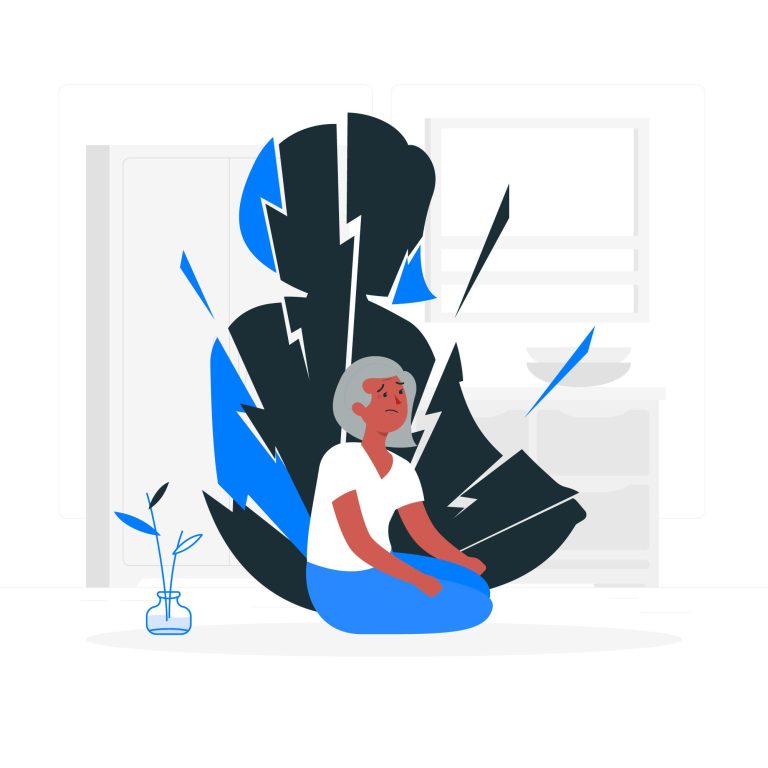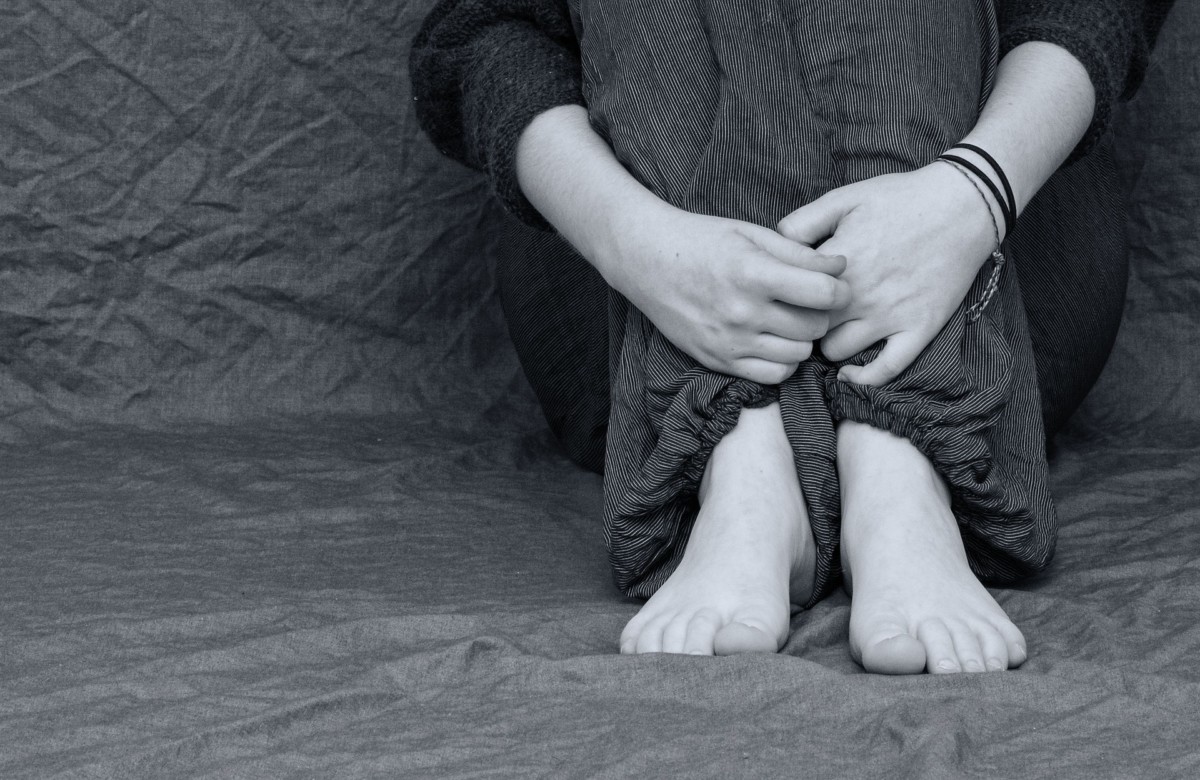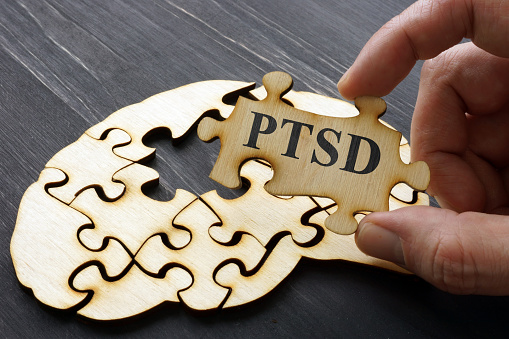Trauma Resources
If you are experiencing, or have experienced trauma, it can feel challenging to cope with the daily demands of life.
If you are looking to learn new ways to manage your struggles with trauma, we have compiled free Trauma Resources for you to get started on your healing journey.

Free Trauma Resources
By Sadia Saeed
Healing isn't linear, and definitely not easy. So, here are some exercises I have curated as a Trauma-informed Psychotherapist to help you deal with trauma and emotional overwhelm. These are simple exercises that will help your nervous system to regulate and get back to your window of tolerance. I wish you an insightful and wholesome healing journey.
Why Are These Trauma Resources Free?
If you are interested to work on coping with trauma, one of the biggest challenges is to figure out where to get started. With the myriad of resources online and offline, you may struggle to find reliable and effective strategies. You may want to take up a course, or join a class-but you may not be sure if it would be helpful.
Having these Free Trauma Resources are a good starting point if you are interested to learn more about trauma and its effects on the mind and body. You can also learn a few simple, yet powerful, ways to overcome the stress and overwhelm you experience from trauma. Additionally, these resources have been created over 10+ years by Mental Health Professionals and have been compiled by a Trauma-informed Psychotherapist.
Through these resources, you will be on your way to work on your patterns and start living a emotionally balanced and stress-free life.
How To Use These Trauma Resources?
Please do these exercises in the serial order as given. Once you have been through all of them, you may find that one or two especially work well for you. Please repeat those regularly. These are not one-time exercises but regular practices which will help you feel emotionally balanced.
Video Resources For Trauma
Grounding & Creating Support – Exercise 1/5
Grounding Through 3 Senses – Exercise 2/5
Self Touch - Exercise 3/5
Using Breath to Reset The Vagal Tone - Exercise 4/5
Access a Safe Memory -
Exercise 5/5
Some Expert Articles and Blogs
Ask a Therapist
If you are interested to know more about trauma and other mental health topics, ‘Ask A Therapist’ is a platform for you to ask your questions related to Coping with Trauma, Mental Health, Mindfulness & Emotional Well-Being to our team of qualified Therapists.

What is Trauma?

Trauma refers to a response to a deeply disturbing event that overwhelms and exceeds an individual’s ability to cope. Such a powerful emotional response can often take place when one is exposed to distressing events such as (but not limited to) a war, accident, unexpected loss of a loved one or any form of abuse. The experience of trauma often results in the creation of feelings of helplessness or powerlessness, diminished sense of self, confusion, loss of control and pain.
The way a person perceives the event plays a critical role in determining what maybe traumatic for the person. Moreover, every person has their own unique way of processing a traumatic experience and what maybe deeply disturbing to one individual may not necessarily lead to the same level of distress for the other.
Are You Experiencing These Signs Of Trauma?
Trauma can manifest differently in each individual. It can leave its footprints in various ways. For instance, it may make you feel tired, demotivated, or depressed. Or, it can also show up as pains and aches without any pre-existing medical cause. Therefore, trauma takes its own shape in each individual's body. Here are some of the common signs and symptoms of trauma:
Physical Symptoms
- Sleep disturbances
- Fatigue
- Muscle tension or aches
- Headaches
- Unexplained stomachaches, nausea
- Changes in appetite
- Rapid heartbeat
- Sweating or hot flashes
- Trembling or shaking
- Being easily startled
Emotional Symptoms
- Intense fear or anxiety
- Mood swings
- Irritability or anger
- Guilt or shame
- Feelings of sadness or hopelessness
- Emotional numbness or detachment
- Difficulty trusting others
- Low self-esteem
- Flashbacks or intrusive memories
- Feeling overwhelmed or out of control
Mental Symptoms
- Difficulty concentrating
- Trouble remembering things/certain events
- Disorientation or confusion
- Intrusive thoughts
- Racing thoughts
- Difficulty making decisions
- Avoidance of reminders or triggers
- Feeling disconnected from reality
- Impaired problem-solving abilities
Frequently Asked Questions
These resources are not a substitute for therapy. However, it can be a great tool to get started on your healing journey. This set of resources can be also revisited any time you feel stuck or confused in your journey.
These resources have been designed and compiled by us so that they can be a valuable accompaniment for you to heal your past traumas. To make the most out of this pool of resources, we recommend you to be consistent, and keep an open and curious approach to these exercises. This will enable you to absorb and retain the benefits of these exercises.
Mindfulness is a great practice that is a central aspect of many Trauma Therapies. We at Innerspace use Mindfulness extensively in our approach. Trauma can often tie you back to your past or make you apprehensive about the future. Learning mindfulness trains you to stay with the present which gradually heals your nervous system and aid you to heal your traumas.
A Trauma-informed therapist is trained in understanding the physical, neurological, and emotional aspects of trauma. They use this understanding while working with their clients. They take into account each individual’s unique history that is shaped as a result of their trauma. Having this understanding can help them provide you insights into your trauma responses and other patterns causing your concerns. Therefore, consulting a trauma-informed therapist can be a wonderful option and addition to your trauma-healing process.




